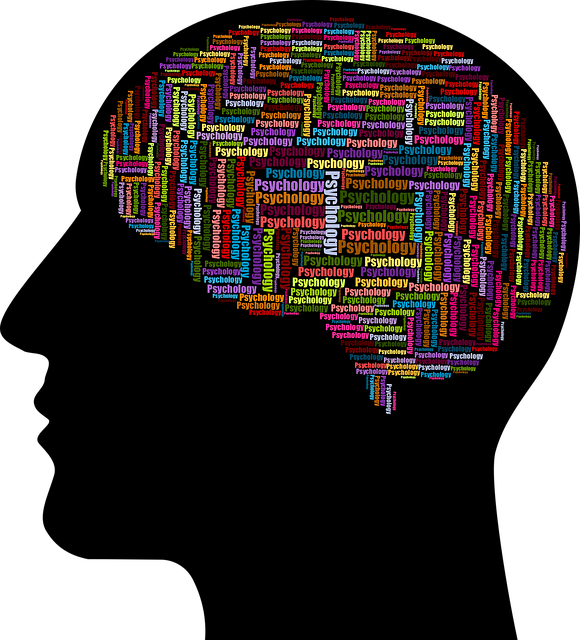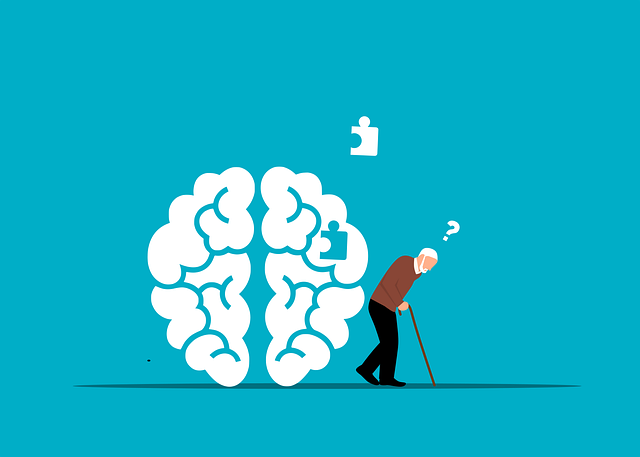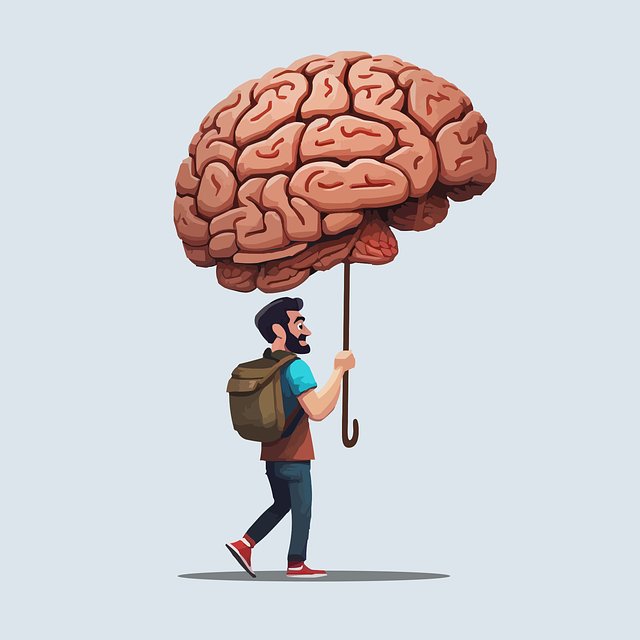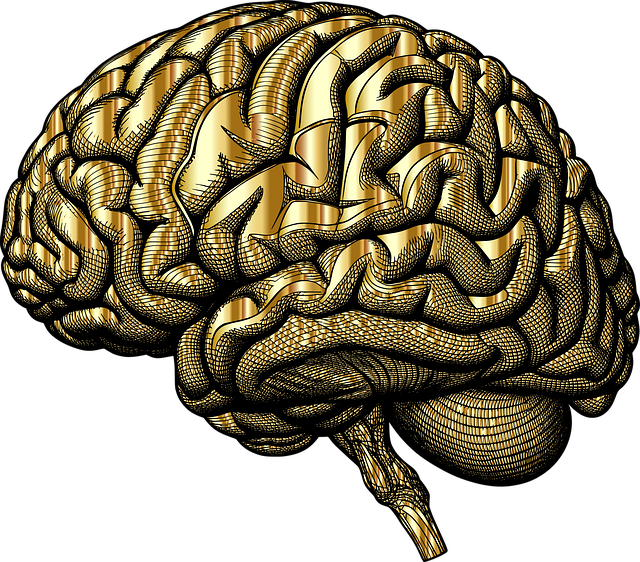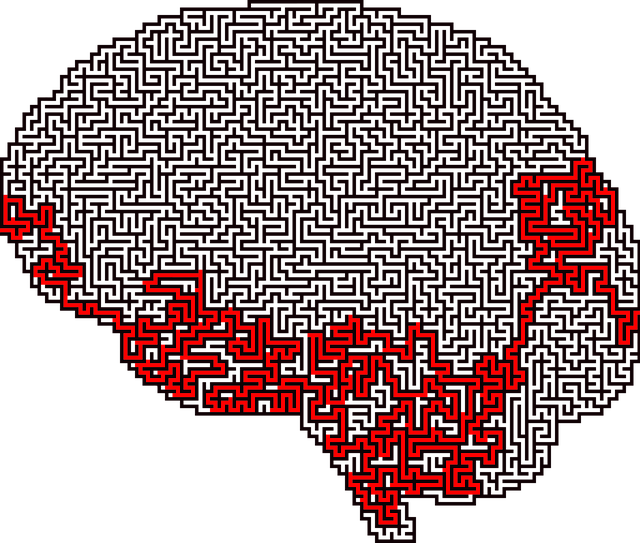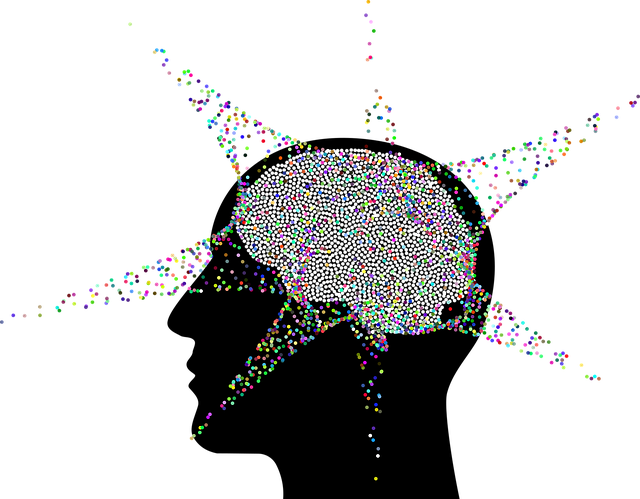Northglenn Gambling Therapy's mental health education program success relies on assessing local community needs, focusing on gambling addiction challenges and its mental implications. Through surveys, focus groups, and data analysis, the program identifies gaps in support systems, tailoring content to address specific concerns like stress management using mindfulness meditation. With well-defined objectives including awareness raising, recognizing early signs of addiction, fostering support networks, and promoting evidence-based practices, the curriculum develops interactively with real-life scenarios, case studies, and personal narratives for relatability. Combining delivery methods like workshops, online modules, and peer-led support groups ensures inclusivity and flexibility, empowering individuals with self-care practices. Evaluation metrics assess changes in participant attitudes, behaviors, and knowledge related to gambling behavior and mental well-being.
In Northglenn, gambling therapy is transforming lives through comprehensive mental health education programs. This article delves into the strategic design of such initiatives, focusing on key aspects like assessing community needs and setting realistic objectives. We explore effective content creation and delivery methods to engage participants, ensuring tailored interventions. Additionally, implementation strategies and evaluation metrics are discussed to maximize the impact of Northglenn Gambling Therapy programs, fostering mental well-being within the community.
- Assessing the Need and Defining Objectives for a Mental Health Education Program in Northglenn Gambling Therapy
- Designing Engaging Content and Choosing Effective Delivery Methods for Mental Health Education
- Implementation Strategies and Evaluation Metrics for Optimal Impact in Northglenn Gambling Therapy Programs
Assessing the Need and Defining Objectives for a Mental Health Education Program in Northglenn Gambling Therapy

In Northglenn Gambling Therapy, assessing the need for a mental health education program is paramount to ensure its relevance and effectiveness. The first step involves understanding the unique challenges faced by the community, particularly those related to gambling addiction and associated mental health issues. This can be achieved through surveys, focus groups, and data analysis to identify gaps in current support systems and public awareness campaigns development. By gauging the prevalence of gambling-related stress management concerns, professionals can tailor educational initiatives that directly address these specific needs.
Defining objectives is a crucial subsequent step. The program should aim to enhance public awareness about mental health, with a focus on mindfulness meditation techniques as a tool for stress reduction among at-risk individuals. Objectives could include improving the community’s ability to recognize early signs of gambling addiction and associated mental health disorders, fostering support networks, and encouraging participation in evidence-based practices such as Mindfulness Meditation. Such objectives will guide the program’s curriculum design and ensure its impact aligns with the unique context of Northglenn Gambling Therapy.
Designing Engaging Content and Choosing Effective Delivery Methods for Mental Health Education

Designing engaging content is a key aspect of crafting an effective mental health education program. The curriculum should be interactive, appealing, and easily accessible to cater to diverse learning styles. Incorporating real-life scenarios, case studies, and personal narratives can make complex topics more relatable and memorable. Visual aids, multimedia presentations, and group discussions create an immersive environment, fostering active participation from all learners. For instance, a Northglenn Gambling Therapy program could use interactive games or role-playing exercises to teach coping mechanisms for stress and impulse control.
When choosing delivery methods, it’s essential to consider the target audience’s needs. Blending various techniques like workshops, online modules, and peer-led support groups ensures inclusivity and flexibility. Self-care practices can be seamlessly integrated into these sessions, empowering individuals with tools for maintaining mental wellness. Additionally, inviting subject matter experts and survivors to share their experiences adds depth and authenticity to the education. A balanced approach that combines theoretical knowledge with practical strategies will enable participants to apply learned concepts in real-life situations, promoting positive changes in their mental health journey.
Implementation Strategies and Evaluation Metrics for Optimal Impact in Northglenn Gambling Therapy Programs

Implementing effective mental health education programs requires a strategic approach to ensure optimal impact, particularly within Northglenn Gambling Therapy settings. One key strategy is integrating evidence-based practices such as Mindfulness Meditation techniques into the program curriculum. By teaching participants to manage stress and regulate emotions, these programs can enhance their ability to cope with gambling-related pressures. Additionally, incorporating Burnout Prevention Strategies for Healthcare Providers can equip both therapists and clients with tools to maintain a healthy work-life balance, fostering a supportive environment.
Evaluation metrics play a crucial role in measuring the success of Northglenn Gambling Therapy initiatives. Metrics should assess changes in participant attitudes, behaviors, and knowledge related to gambling behavior and mental well-being. Pre- and post-program surveys can gauge improvements in areas like positive thinking, stress reduction, and problem-gambling insights. Longitudinal follow-up assessments are also valuable for tracking sustained behavioral changes and identifying areas where further education or support might be needed.
The development of a comprehensive mental health education program tailored for Northglenn Gambling Therapy is a strategic step towards fostering well-being and mitigating risks within the community. By addressing the unique needs of individuals in Northglenn, this program aims to increase awareness, reduce stigma, and provide practical tools for managing mental health. Through a combination of engaging content, flexible delivery methods, and rigorous evaluation, the program promises to deliver significant impact, enhancing the overall resilience and quality of life for participants. Embracing these strategies ensures that Northglenn Gambling Therapy remains at the forefront of promoting mental health literacy and support.
